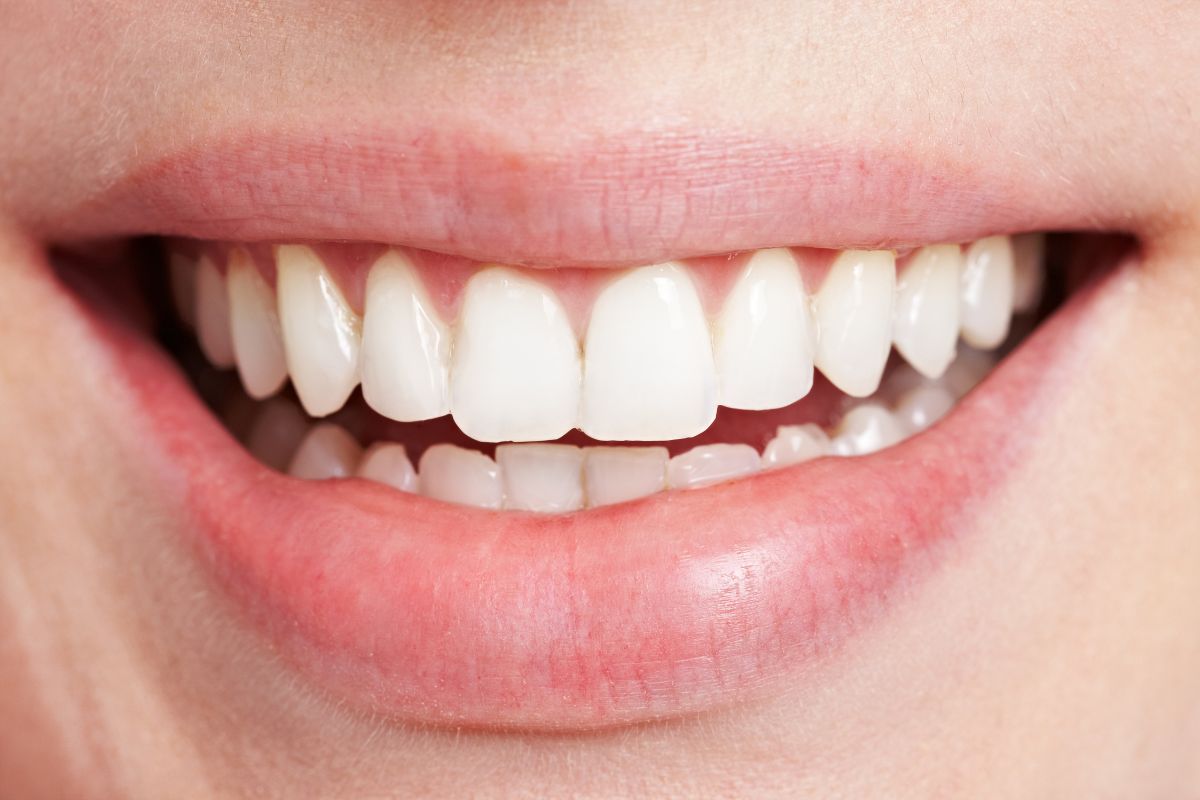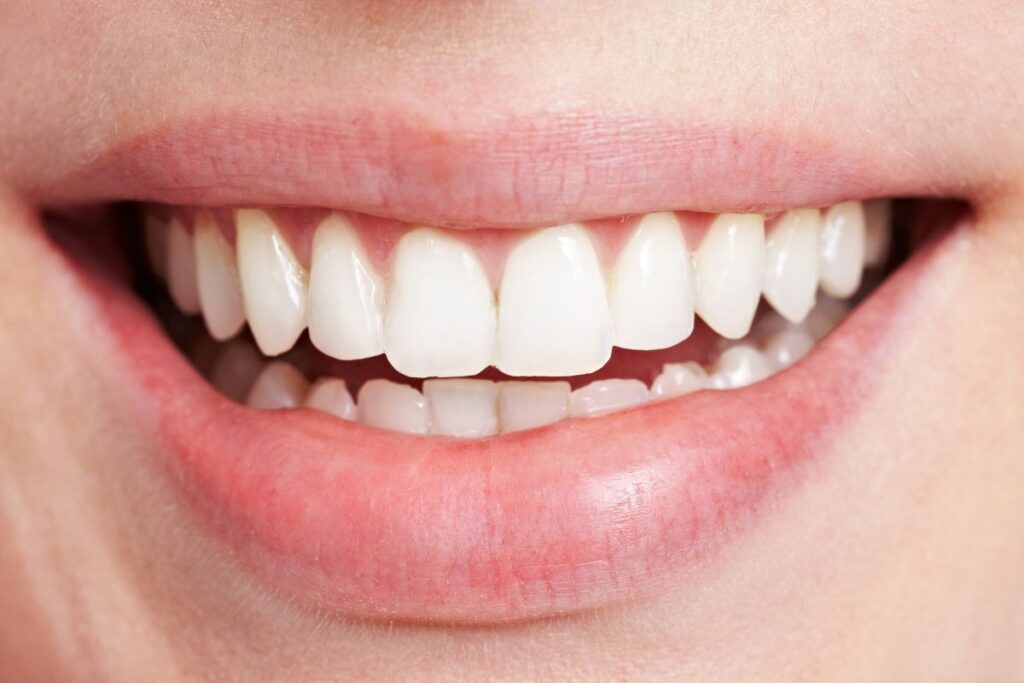How To Find a Good Dentist

The Art of Smile Care: Navigating the Search for a Good Dentist in Aberdeen, NJ
Finding the right dentist is crucial for maintaining good oral health and achieving a beautiful smile. With numerous options available, it can be overwhelming to choose the best dentist for your needs. At Friendly Dental, we understand the importance of finding a dentist who meets your specific requirements. Here’s a comprehensive guide to help you find the best dentist in Aberdeen, NJ, and ensure you receive exceptional care.
Research and Recommendations
Start by researching local dentists and gathering recommendations from friends, family, or colleagues. Personal experiences can provide valuable insights into a dentist’s skills and patient care. Online reviews and ratings on platforms like Google, Yelp, or Healthgrades can also help you gauge a dentist’s reputation. Look for comments about the quality of care, office environment, and the dentist’s demeanor.
Check Qualifications and Experience
Ensure the dentist has the necessary qualifications and experience to provide high-quality care. Check if the dentist is board-certified, which signifies they have met specific standards in their field. Additionally, inquire about the dentist’s experience in performing various procedures. A dentist with years of experience and specialized training in areas like cosmetic or restorative dentistry will be better equipped to handle diverse dental issues.
Evaluate Services and Treatments
Different dentists offer various services and treatments. Determine what specific dental care you need and ensure the dentist you choose provides those services. Whether you need routine cleanings, cosmetic enhancements, or restorative work, selecting a dentist who offers a comprehensive range of treatments will save you from having to visit multiple providers.
Consider Office Location and Hours
Convenience is an important factor when selecting a dentist. Choose a dental office that is conveniently located near your home or workplace. Additionally, consider the office hours to ensure they align with your schedule. A dentist with flexible hours or extended appointment times will make it easier to fit dental visits into your busy life.
Assess the Office Environment
Visit the dental office to assess the environment and ensure it meets your standards. A clean, organized, and welcoming office is a positive indicator of the practice’s commitment to hygiene and patient comfort. Pay attention to the staff’s professionalism and friendliness. A positive office atmosphere can greatly enhance your overall experience.
Review Payment Options and Insurance
Understanding the cost of dental care and the payment options available is essential. Inquire about the dentist’s payment policies and whether they accept your dental insurance plan. If you don’t have insurance, ask about financing options or payment plans that can make dental treatments more affordable. Transparent pricing and flexible payment options will help you manage your dental expenses effectively.
Schedule a Consultation
Before committing to a dentist, schedule a consultation to discuss your dental needs and evaluate the dentist’s approach to care. Use this opportunity to ask questions about the dentist’s experience, treatment philosophy, and any concerns you may have. Pay attention to how the dentist communicates and whether they take the time to address your questions and concerns.
Consider the Dentist’s Approach to Patient Care
A good dentist should prioritize patient care and comfort. Assess whether the dentist is attentive to your needs and explains procedures clearly. A compassionate and patient-centered approach can make dental visits more comfortable and less stressful. Look for a dentist who emphasizes preventive care and educates you about maintaining good oral health.
Trust Your Instincts
Ultimately, trust your instincts when choosing a dentist. If you feel comfortable and confident in the dentist’s abilities and the office environment, it’s a good sign that you’ve found the right provider. Building a positive relationship with your dentist will contribute to a more enjoyable and effective dental care experience.
Review and Adjust as Needed
After your initial visits, review your experience and assess whether the dentist continues to meet your expectations. If you encounter any issues or feel that your needs are not being met, don’t hesitate to discuss your concerns with the dentist or consider exploring other options. Your oral health is a priority, and it’s important to have a dental provider who aligns with your needs and preferences.
At Friendly Dental, we strive to be the best dentist in Aberdeen, NJ, by offering comprehensive dental care, a welcoming office environment, and a patient-centered approach. By following these tips, you can confidently find a dentist who will provide exceptional care and support your oral health journey.







